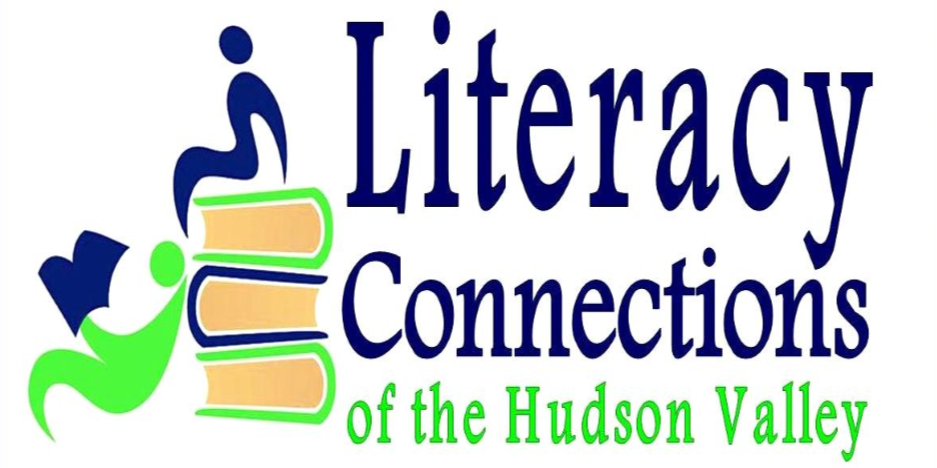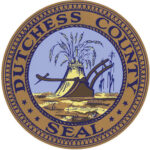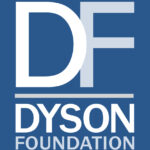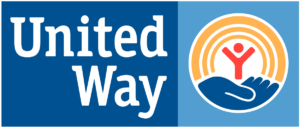17 Most Frequently Asked Questions by our Volunteers
-
How do I become a tutor/and or volunteer?
You need to attend a tutor training in either Basic Reading or English for Speakers of Other Languages (ESOL). You may choose to take one or the other, or both. We now offer online Tutor Training. (Office volunteers or Board Members need only attend an orientation session.)
-
What is my time commitment after training?
The recommended time for meeting one-on-one with a student is 1.5 to 2 hours depending on your availability and the attention span of your student. There is also lesson planning, which varies—it depends on your student, the subject matter, etc., from 1 to 1.5 hours (not necessarily every week).
What are my responsibilities?
Aside from being reliable, we ask that tutors report instructional and preparation hours and the student’s achievements monthly. The Tutor Monthly Report is available online and, in our office or you may phone in your report (we do try to make them as “painless” as possible!).
-
What qualifications do I need?
Volunteer tutors need to have a high school diploma, and be able to read, write and speak English, and understand the importance of literacy.
-
What resources are available?
LC has an adult-appropriate library of Basic Reading and English for Speakers of Other Languages (ESOL) workbooks and teacher’s manuals, and a copier. We also have staff on hand with whom you can consult.
-
What support do I have?
Our Lead Trainer and Area Coordinators will provide ongoing advice on techniques and strategies as well as intercede with the student on your behalf to encourage attendance and reliability.
-
What are the definitions of “learner-centered” and “functionally illiterate”?
LC is devoted to the idea of a curriculum based on our students’ personal goals. If the student wants to improve his or her work skills, the curriculum is comprised of his/her work-related materials. If the student wants to pass the driver’s permit test, the Drivers’ Manual becomes the tutor’s text. “Functionally Illiterate” means that the student is not able to read or write well enough to fulfill his personal goals (generally, this has come to mean reading at below a 6th grade level.)
-
What are the learner’s needs?
Every student has different goals, but LC’s mission is to serve adults 18 and over, or emancipated youths at least 16 years old, who read below a 6th grade level or need help reading, writing or learning to speak English. We also serve any person who feels that he/she needs help in literacy but doesn’t feel comfortable in a classroom setting.
-
What should I expect from the student?
Our students are oriented to understand that they need to be reliable for their volunteer tutors and should be willing to put in 50% or more of the effort that it takes for them to progress in literacy. All students are given an entry interview and evaluation to determine academic grade level or level from 1 to 6 of English-speaking ability.
-
Do I need to speak a foreign language to teach ESOL?
No, LC subscribes to the English Immersion or Communicative Approach to teaching ESOL.
-
How do students come to you?
Students come to us most frequently by word of mouth from their friends, family or employers. Sometimes they are referred to us by other human service agencies, Social Services or other Adult Education programs.
-
How do we get matched?
A coordinator will match a trained volunteer first according to which training they completed, next the area in which they live and finally by the schedule of availability. The personalities and preferences of both parties are taken into account during matching.
-
Where do we meet?
We recommend that tutoring teams meet in public places such as libraries, town halls, churches or schools for security and to minimize distractions that happen at home. We can help with suggestions.
-
How long is a typical duration for a match?
On average, an LC student stays in the program for one year and tutors remain with the program for two years. However, we have tutors who have been with us for much longer.
-
Which workshop should I take, ESOL or Basic Reading?
If you are fairly extroverted, feel at ease being creative, are quick at thinking on your feet and don’t mind having to engage in a practice similar to the game of “Charades”, ESOL may be the choice for you. ESOL students may be highly educated in their own language, or they may have been under-educated and lack native reading skills as well. Both types can learn.
If you are well-organized and able to provide methodical and focused lesson planning that is multi-sensorial and implemented in small steps, Basic Reading may be a good choice for you. Basic Readers are often native-born Americans, with some kind of learning difference or “disability”, or who had problems at home that kept them from attending school regularly and contributed to their falling behind.
-
How else can I help the organization if I don’t become a tutor?
Literacy Connections also needs volunteers interested in helping in the office with administrative tasks, helping with events, fundraising and outreach. You may also volunteer in our children’s reading program; we are a small organization with a big mission, and we welcome your help!
-
Is there any charge for the training?
There is no charge for the online training.
THANK YOU for your interest. We look forward to welcoming you to our literacy family. Please remember we are here to answer your questions and to help in any way we can.








